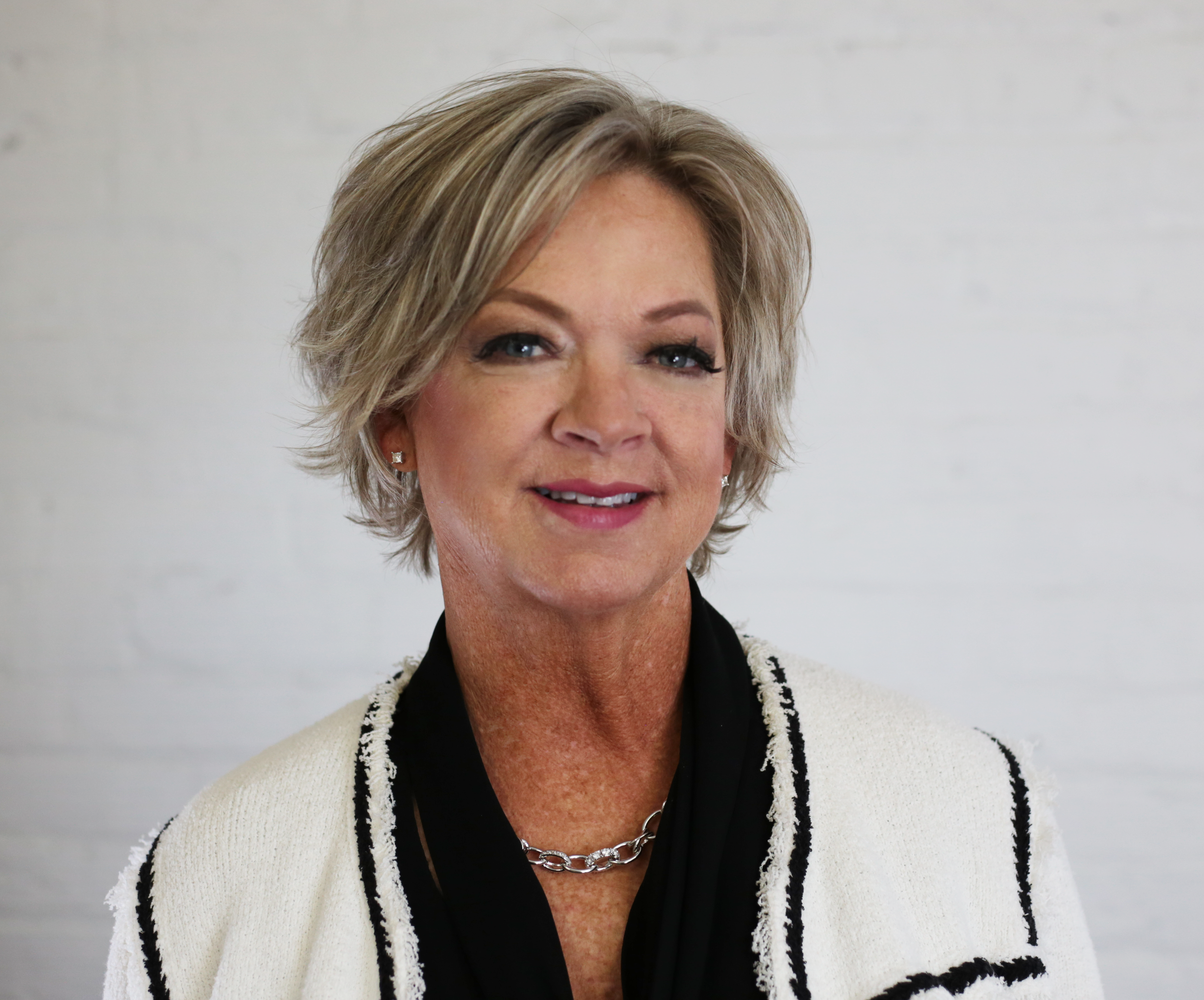The Uncomfortable Truths - 3 Family Business Conversations to Have
Many family businesses struggle not from lack of strategy, but from lack of critical conversations. This episode tackles the emotional hurdles preventing families from discussing vital topics like ownership, leadership succession, and individual desires. We provide a clear framework around three essential questions every family business should address before a crisis hits. Learn how proactive dialogue can prevent misunderstandings, avoid lawsuits, and ensure the business's legacy continues with clarity and intention. Discover why addressing these difficult subjects head-on is the only way to build a stable and successful future for your family enterprise.
LISTEN TO THE EPISODE
Expand Your Leadership Skills.
Bitter Truths: Difficult Business Conversations for Families
Family businesses are the bedrock of many communities. While the vision of a thriving family enterprise passed down through the ages is inspiring, the reality can be far more complex. We’ve seen firsthand how difficult business conversations – or the lack thereof – can derail even the most successful ventures.
At Revela, we believe that open and honest communication in business is the most important component of lasting success, especially within family enterprises. In a recent episode of our Leadership Hustle podcast, we jumped into the critical need for important and difficult discussions. A reluctance to have them creates immense emotional tolls and leads to common business challenges. So, we introduced three crucial questions that every family in business ownership should discuss, long before a crisis forces their hand.
1. Who Owns What, and How Will That Change?
This question, seemingly straightforward, often unearths a labyrinth of assumptions, unarticulated desires, and one of the most difficult business conversations. In many family businesses, the lines between personal inheritance and professional contribution can become blurred, especially when some family members are actively involved in the day-to-day operations while others are not.
Siblings
Andrea Fredrickson highlighted a common scenario: "There are often times when families have members like siblings in the family who are working day in, day out…They might have a sibling that's not working in the business." This immediately raises questions about business ownership and equity. Parents, striving for what they perceive as "fair," might avoid or delay estate planning for fear of creating division. But what does "fair" truly mean in this context?
There is a critical need for explicit communication in business. Without it, assumptions proliferate. The sibling who has dedicated years to the business might naturally expect ownership, while the sibling who pursued a different career path might still feel entitled to a share of the family's accumulated wealth, including the business.
These unspoken expectations, if left unaddressed, can explode into family feuds, as Fredrickson described. We've seen how a lack of clear estate planning and open communication about business ownership can lead to devastating lawsuits, often cited as a primary reason why family businesses fail to transition to the next generation. This is one of the most significant business challenges a family can face.
Spouses
Michelle Hill brought up another vital consideration: the spouses. If a family member actively running the business were to suddenly be unable to continue, what happens to their spouse's stake or involvement? Without prior conversations, assumptions can lead to significant distress and legal battles. As Fredrickson pointed out, many business owners use trusts to keep ownership within the "bloodline," but even this requires talking about buyouts and other arrangements.
The key takeaway here is proactive communication in business. As Fredrickson emphasized, "if these conversations are not happening before the event requires them. Surprise. And we get a lot of anger." While emotion is inherent in such discussions, it's far more manageable when addressed proactively.
2. Who Leads Now and Next?
Beyond ownership, the question of leadership is equally important. In family businesses, the transition of leadership can be particularly tough as the outgoing generation grapples with letting go and the incoming generation strives to establish their authority and vision. Addressing this is a critical element of successful family business succession planning.
Fredrickson painted a vivid picture of this challenge: "Gen one comes back from Arizona…they come back in and all of a sudden, whatever decisions that had been made are now…There's a question about every decision that was made and things get done, it'll get vetoed." This phenomenon, where the previous generation continues to exert influence or even overturn decisions, creates immense frustration for the next generation of leaders and confusion for employees.
As Hill pointed out, employees "...recognize very quickly…these decisions, they're probably going to change when they come back. Why do we even do it? Well, let's just wait till they come back." This undermines the authority of the new leadership and stifles initiative, leading to serious business challenges.
Succession Planning
A lack of clear leadership succession can leave a vacuum. The choice of the next leader—whether a son, daughter, in-law, or cousin—must be clear and openly communicated. Many first-generation businesses, often built by a single owner, face complications when "tapping" someone for the role.
We need to ask: Does the chosen leader even want the role? And how will other executives or family members react if they don't see the chosen leader as suitable? These business challenges can be significantly mitigated with prior thought.
The question of "who leads now and next” goes beyond simply identifying a successor. It's about:
Defining roles
Assigning responsibilities
Setting the boundaries of authority for both current and future leadership
You’re essentially creating a clear roadmap for the transfer of power and empowering the next generation to lead effectively. Without these explicit difficult business conversations, assumptions about who is in charge can lead to internal power struggles and paralyze the business planning process.
3. What Do You Personally Want?
This question shifts the focus from the collective business to the individual family members when it comes to difficult business conversations. While it might seem counterintuitive to prioritize individual desires in a family business context, we believe it's absolutely essential for long-term success and personal well-being.
Fredrickson stressed the importance of self-reflection: "Before you even have the conversation, you need to think for yourself…What do you want? Do you want to be an owner? Do you want to be an executive? Do you think you have the capacity? Are you doing this because this is what you want to do? Or are you doing this because you feel obligated to do it?"
We’ve seen too many individuals trapped in roles they never truly desired, driven by a sense of duty or fear of disappointing family. Hill shared an anecdote: "Years ago, I had a client…He was running dad's business, and that was never his desire. And…his role to run the business was such a stretch for his personality. He was so uncomfortable and really just not confident. And…not the leader they really needed. But he was doing it because that's what was expected and he was just not happy."
This scenario is a recipe for personal unhappiness and ultimately, more business challenges. An unmotivated leader, or one ill-suited to the role, will struggle to drive the business forward, impacting not just themselves but the entire organization and family. The lack of genuine commitment can erode trust and morale.
Support Everyone’s Aspirations
Our perspective is that embracing individual aspirations can actually strengthen the family business. As Hill suggested, today's landscape offers many options, so the next generation doesn't necessarily have to be involved in the day-to-day operations to maintain a connection to the family business.
They could serve on the board, for example, keeping it in the family in a less traditional way. This is where creative business planning comes in. Perhaps an ESOP (Employee Stock Ownership Plan) or other structures can allow for the continuation of the business's legacy while freeing family members to pursue their passions.
As Fredrickson noted, the business's legacy endures, and founders always remain founders; the family can still be involved in different capacities. This allows individual strengths, talents, energy, and desires to be fulfilled in ways that support the business's evolving growth. This holistic approach to family business succession planning prioritizes individual well-being and business longevity.
Embracing Proactive Communication for a Stronger Future
Navigating family business succession planning boils down to having crucial difficult business conversations around three key areas: clear business ownership, current and future leadership roles, and understanding what each individual truly wants for their involvement. These discussions, while potentially uncomfortable, are vital to prevent future business challenges and emotional fallout. They move families from operating on assumptions to making deliberate, informed decisions through open communication and thoughtful business planning, which ensure a stronger legacy for generations to come.
At Revela, we believe that empowering families to engage in these difficult business conversations is the most valuable step towards securing their future. Don't wait until it's too late – take this step towards clarity and harmony in your family business. And listen to the rest of The Leadership Hustle podcast for more advice on family business success!
About the Hosts
Andrea Fredrickson
Andrea Fredrickson is a thought leader and consultant at Revela, an organization based in Omaha, Nebraska specializing in the development of leaders, culture alignment, and business strategy for private and family businesses of all sizes. Revela is one of the region's most experienced thought challengers, helping individuals and companies find their greatness. Andrea has built an amazing team by believing that fundamentally people want to be successful and become better versions of themselves.
-
Andrea has degrees in education, management, and business. She is the author of Insight Unseen; How to lead with 20/20 business vision. She helps people see things differently, self-reflect, and never stop looking for ways to improve themselves on a personal and professional level. Andrea has spent more than 30 years researching and developing methods to help people communicate and lead more effectively.
When Andrea isn’t working with clients, you’ll find her spending time with her family & friends and making memories by exploring new cities.
Michelle Hill
Michelle Hill is a master facilitator and coach at Revela, an organization specializing in the development of leaders and aligning the culture of privately held and family businesses of all sizes. Revela is one of the region's most experienced thought challengers, helping individuals and companies find their greatness.
-
An ambitious leader, Michelle has the natural ability to create forward momentum to build teams and get results. She inspires others to look within themselves and to challenge the status quo. She helps create high-performing environments. Michelle brings a diverse background: operations, employee development, and sales in the steel, hospitality, and consulting industries.
Outside of work, you will see her competitive side engaged in her daughter’s sports and ISU athletics. She loves life, her four-legged companions, and captures all the moments through her camera’s lens.
TRANSCRIPT
Andrea: Welcome to this episode of The Leadership House. I don't want to start. We'll start something. Welcome back to this episode of The Leadership Hustle. I'm Andrea fredrickson.
Michelle: Michelle Hill. I got the look.
Andrea: And we're here recording an episode on family business. As we mentioned in earlier episodes. We decided to sprinkle in a couple [00:00:30] of topics that are very specific to family owned businesses. And as we're recording this, this is June 23rd and it is national family owned business and operated Businesses Day.
Michelle: Oh is it.







